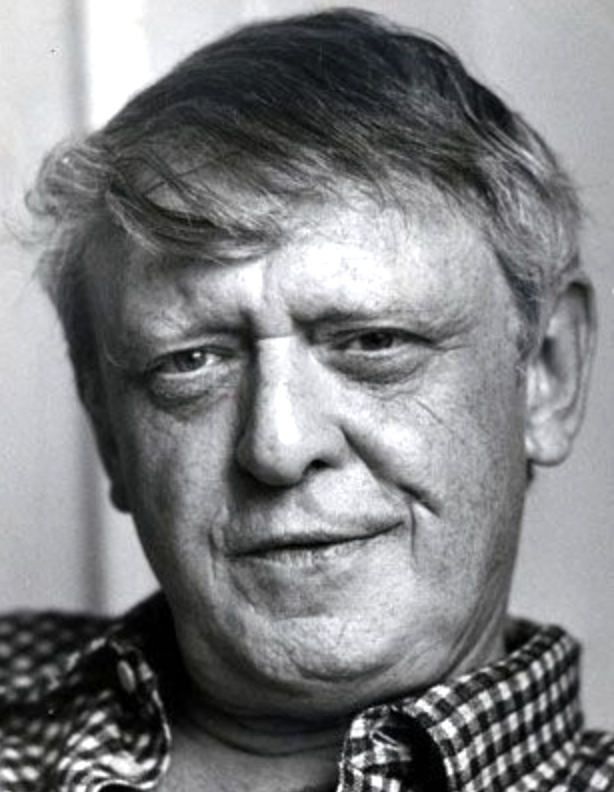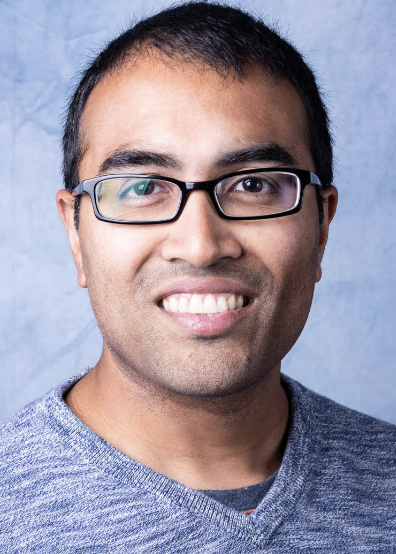February 25
Anthony Burgess

On this date on 1917, Anthony Burgess (né John Anthony Burgess Wilson) was born in Manchester, England. His mother and sister died in the 1918 flu pandemic. The author of 50 books, he is best known for his novel A Clockwork Orange (1962), which was made into a movie directed by Stanley Kubrick in 1971. Burgess was also a translator, critic, composer, librettist and screenwriter. He wrote at least 65 musical compositions and preferred to be called “a musician who writes novels.”
He was educated at a Catholic college and graduated from Manchester University in 1940. He joined the British Army Education Corps, which entertained troops in Europe, and was stationed in Gibraltar. Burgess later said a World War II sexual assault by four American deserters on his first wife, Llewela Isherwood Jones, partly inspired his examination of violence in A Clockwork Orange.
He taught after the war and was a distinguished professor at the City College of New York, 1972-73.
“The ideal reader of my novels is a lapsed Catholic and failed musician, short-sighted, color-blind, auditorily biased, who has read the books that I have read,” he told The Paris Review in a 1973 interview. According to his 1993 New York Times obituary, he also once said, “I don’t think there’s a heaven, but there’s certainly a hell. Everything we’ve experienced on earth seems to point toward the permanence of pain.”
“I was brought up a Catholic, became an agnostic, flirted with Islam and now hold a position which may be termed Manichee. I believe the wrong God is temporarily ruling the world and that the true God has gone under. Thus I am a pessimist but believe the world has much solace to offer: love, food, music, the immense variety of race and language, literature and the pleasure of artistic creation.”
— Burgess, New York Times obituary (Nov. 26, 1993)
Hemant Mehta

On this date in 1983, atheist blogger and activist Hemant Mehta was born in Chicago to a family that practiced Jainism. He abandoned his faith as a teen. He graduated from the University of Illinois at Chicago, where he formed the school’s first nonreligious group, Students WithOut Religious Dogma, or SWORD. He graduated in 2001 with degrees in math and biology and taught high school math for seven years before resigning to work full time on behalf of secular causes.
Mehta decided in 2006 that he wanted theists to learn more about how religious institutions are viewed by the nonreligious. This led him to “sell his soul on eBay” by posting on the popular auction website that he would attend the highest bidder’s choice of religious institution. For every $10 the highest bidder gave him, he would attend one service.
The winner, a Seattle minister, bid $504 and decided Mehta would go to a variety of churches and write about his experiences. This resulted in Mehta’s first book, I Sold My Soul on eBay (2007). He published The Young Atheist’s Survival Guide in 2012 and edited the 2017 book Queer Disbelief: Why LGBTQ Equality Is an Atheist Issue by Camille Beredjick.
His popular blog Friendly Atheist highlights events, issues and people that are important to the nonreligious community. Mehta was a 2019 recipient of FFRF’s Nothing Fails Like Prayer Award, given to freethinkers who offer secular invocations before public boards. A transcript of his acceptance speech questioning whether atheism is still taboo in politics is here. A 26-minute video of the speech is here.
He chaired the Foundation Beyond Belief, a nonprofit that raises money for people in need, and the Secular Student Alliance and was also spokesperson for the Chicago Coalition of Reason. Mehta is the co-host, with Jessica Bluemke, of the weekly Friendly Atheist podcast, which has produced over 270 episodes as of June 2019.
“At age fourteen I was asking questions. When the answers failed to satisfy me, I searched elsewhere for different answers and found wisdom in atheism.”
— Mehta, “I Sold My Soul on eBay” (2007)
